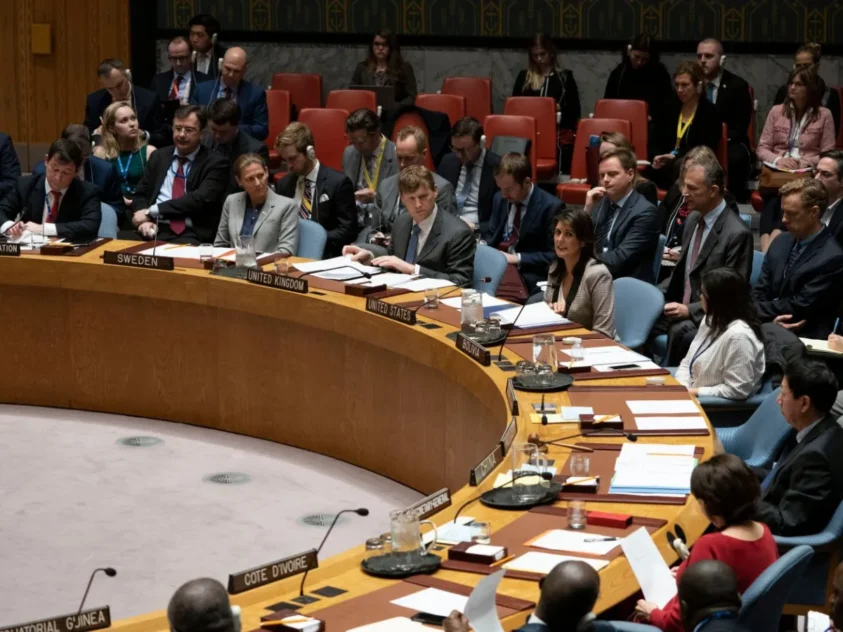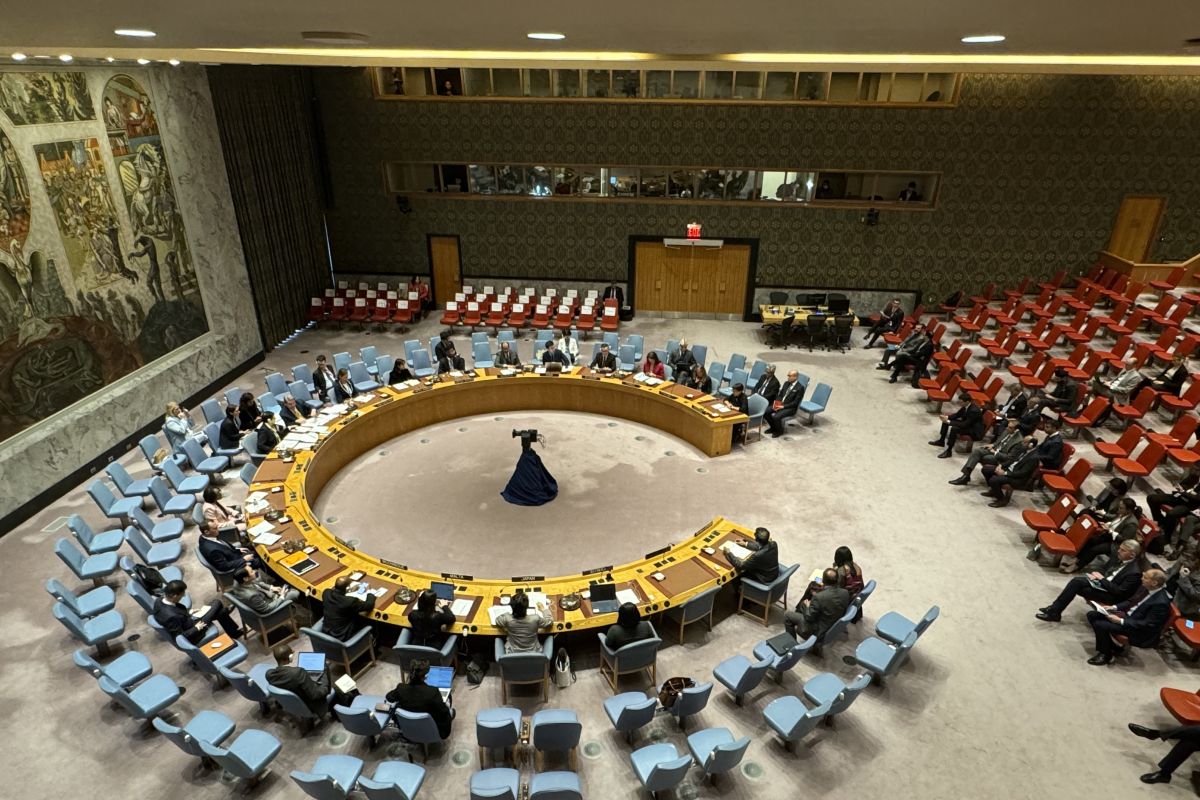PRIME Minister Datuk Seri Anwar Ibrahim addressing the Reform of the Institution of Global Governance at the G20 Summit in Brazil is the latest of the Malaysian leaders who have passionately spoken on the need for reform of the United Nations Security Council (UNSC).
Many heads of government have brought up the matter of the UNSC reform every year at the UN General Assembly (UNGA) when they attend the meeting.
The main contention among the majority of countries is the undemocratic nature of the veto exercised by the Permanent Five (P5) countries who, more often than not, veto any unfavourable resolution adopted by the UNSC, thereby rendering the Security Council powerless to prevent or end any conflict.
This is the primary reason why most of the people and nations are disillusioned by the ineffectiveness of the United Nations (UN) which was formed to prevent any future world wars especially nuclear conflicts that could endanger the world.
The P5 countries – the US, Russia, China, the UK and France – are not going to give up their privilege no matter what criticisms and accusations are hurled at them.
The UNSC is an exclusive club for them! The most they might agree will be for some cosmetic changes, which do not do any overall good.
Short of another major conflict or world war happening that could re-constitute a new world order, any hope of making conflict resolution effective with the present set-up of the UNSC will be illusory.
Expanding the number of nations with veto powers, contrary to popular belief, would only complicate matters, resulting in a stalemate possibly worse than at present.
One cannot understand why some countries cannot wait to become veto-wielding members in the UNSC and contribute to the stalemate and confusion.

Adding more veto power nations is the last thing the world wants as for the last seven decades since WW2 there is ample proof that the veto stands in the way of ending a conflict or finding a peaceful solution.
It is a fallacy that veto power enhances the image and international standing of a country as is believed by some nations.
A better way will be to have a system that mitigates or nullifies the present veto within the UNSC. The 10 countries elected into the UNSC should comprise major powers with large populations and having political and economic clout.
The most important expectation from these 10 countries is to ensure that they are not biased in any way and work for the effectiveness of the UNSC.
For example, Islamic nations should not support fellow Muslim nations and groups no matter what the issue is while the Western countries should not be biased in favour of their supporters.
Now even the veto powers are divided into two groups with the US, UK and France in one group and Russia and China in the other. This complicates the quagmire even further!
This new system will give equal prominence and influence to this group of 10 as opposed to the five veto powers.
Larger countries can play a more meaningful role as Security Council members who can be called upon, together with the P5 to provide peace-keeping troops and other important military assignments.
Smaller UN members can play a better role in the various sister organisations in the UN. This will be fair and equitable, and not discriminatory to the smaller nations.
Let the larger and more powerful countries play a big role in the UNSC to enhance its capability.

To nullify or mitigate the negative effect of the veto by the P5, the 10 larger countries can be given a collective single veto that can be used to request the veto powers to reconsider their veto by framing the resolution to be more acceptable and fairer to all members in the hope of a speedy settlement of a crisis or conflict.
The power of the single veto can be wielded by the 10 countries if they unanimously disagree with the vetoing of the resolution. Collectively they can over-rule the veto by any one of the P5 members.
This will be better than referring the matter to the UNGA leading only to a further impasse. Security matters are best left to the UNSC. Due to the ineffectiveness of the UNSC the entire UN is getting a negative image.
The world is now facing major threats some of which can lead to a nuclear Armageddon especially in Ukraine. The time for urgent and effective change in the UNSC is now. It will be too late and foolish if the UNSC can be reformed only after another global crisis or conflict.
The present Security Council set up will be blamed for having brought mankind to a nuclear catastrophe.
The UN was formed to eliminate such threats but has been rendered powerless due to unilateralism, bias, lack of cooperation and indifference of the major powers in the international community of nations.
It will be totally tragic if we can only have a more effective world government institution after another world war. – Nov 22, 2024
V. Thomas is a Focus Malaysia viewer.
The views expressed are solely of the author and do not necessarily reflect those of Focus Malaysia.









